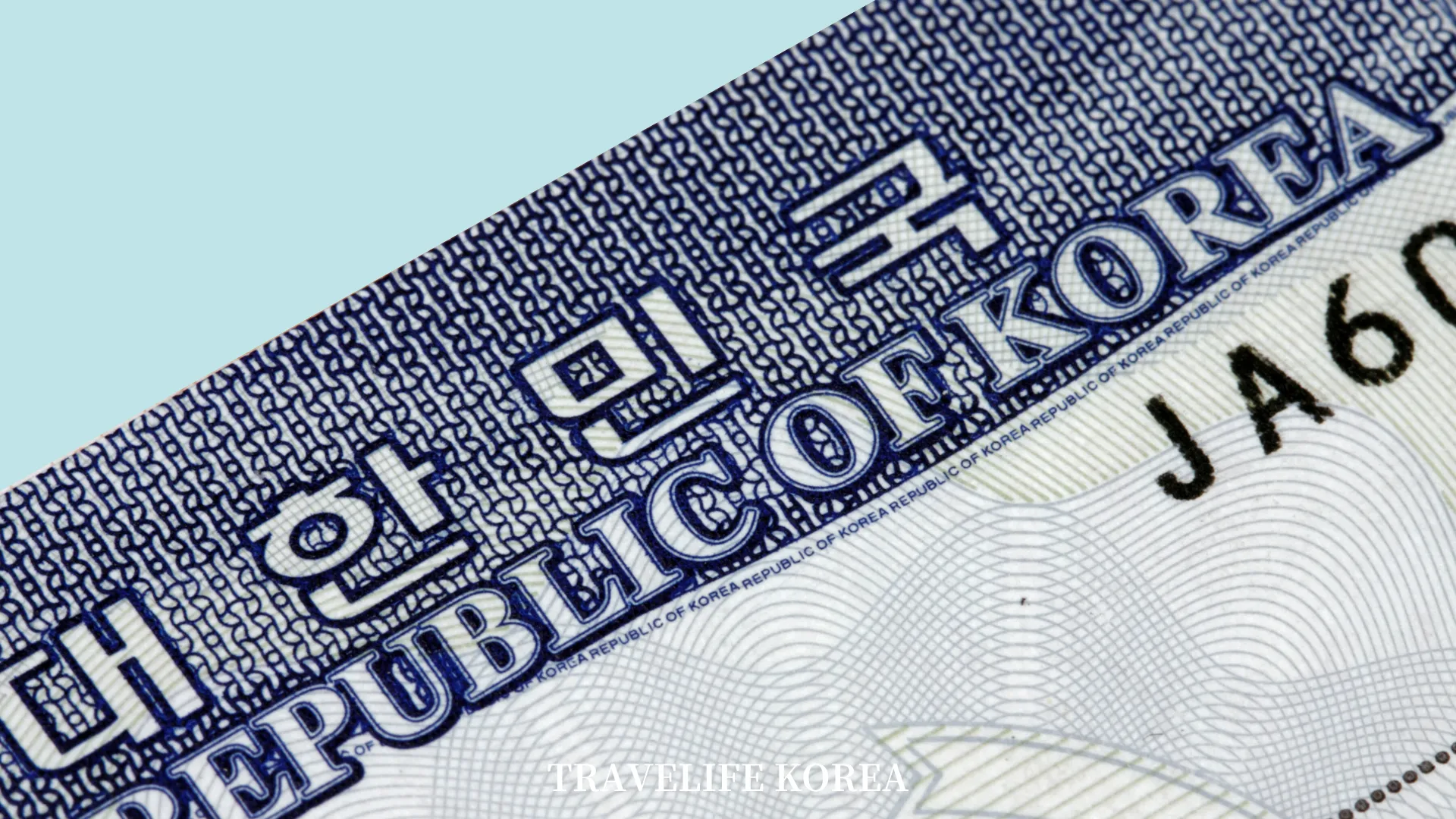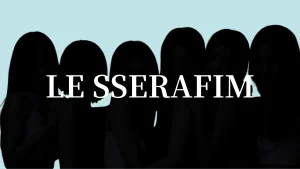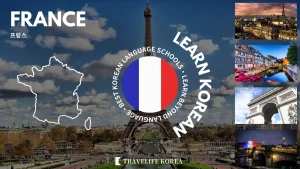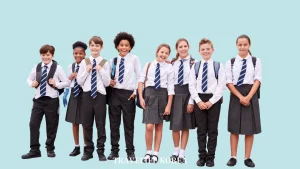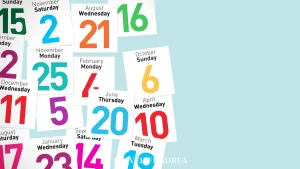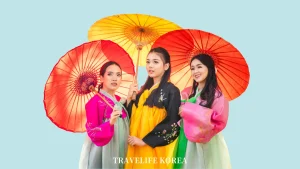Are you planning to study in Korea but unsure which visa you need? Korea offers several visa types for international students, each tailored to different educational goals and program lengths. This guide provides a detailed overview of the D-2 (Student Visa), D-4 (General Trainee Visa), C-3 (Short-Term Visa), and B-1/B-2 (Visa Waiver and Transit Visas), helping you understand the requirements and limitations of each.
D-2 Visa (Student Visa)
Types of D-2 Visa
- D-2-1 (Associate Degree)
For students in associate degree programs. - D-2-2 (Bachelor’s Degree)
For undergraduate students. - D-2-3 (Master’s Degree)
For graduate students. - D-2-4 (Doctoral Degree)
For students in doctoral or integrated master’s and Ph.D. programs. - D-2-7 (KGSP Students)
For Korean Government Scholarship Program (KGSP) students.
Requirements
To apply for a D-2 visa, students must obtain a Certificate of Admission (CoA) from a recognized Korean university. Required documents include a valid passport, completed visa application, proof of financial support (such as bank statements), academic transcripts, and any additional documents specified by the university. This visa is intended for full-time students enrolled in undergraduate, graduate, or doctoral degree programs. It is crucial to ensure all documentation is accurate and complete to avoid delays in the application process.
Duration and Restrictions
The D-2 visa is typically issued for the duration of the academic program, which can range from one semester to several years, depending on the level of study. Students must maintain full-time enrollment and comply with academic performance standards set by their institution. The visa is restricted to educational activities, and students are not allowed to engage in any business or employment activities outside the permitted part-time work. Unauthorized activities or failure to comply with visa regulations can result in the revocation of the visa and potential deportation.
Work Opportunity
D-2 visa holders are allowed to work part-time, with specific limitations. They can work up to 20 hours per week during academic semesters and full-time during school breaks (such as summer and winter vacations). Before beginning any employment, students must obtain permission from the Korean Immigration Service and their university. The types of jobs permitted are generally limited to ensure they do not interfere with academic responsibilities. Engaging in work without proper authorization or exceeding the allowed hours can lead to penalties, including fines or deportation.
D-4 Visa (General Trainee Visa)
Types of D-4 Visa
- D-4-1 (Language Course)
For Korean language courses at university-affiliated language centers. - D-4-2 (Technical or Vocational Training)
For technical or vocational education. - D-4-3 (Special Training Programs)
For specialized training in arts, sports, or cultural fields. - D-4-6 (Internship Programs)
For internships related to academic studies. - D-4-7 (Research)
For students conducting research at academic institutions. - D-4-8 (Healthcare Training)
For healthcare-related courses. - D-4-9 (Fashion and Beauty Courses)
For fashion and beauty industry courses. - D-4-10 (Art Studies)
For art students. - D-4-11 (Music and Performance)
For students in music and performance programs.
Requirements
Applicants for the D-4 visa must be enrolled in non-degree programs such as language courses, vocational training, or cultural studies. Necessary documents include a valid passport, visa application form, proof of financial support, and admission confirmation from a recognized institution.
Duration and Restrictions
The D-4 visa is typically granted for the duration of the program, ranging from a few months to two years. Holders are restricted to educational activities and cannot engage in degree-seeking studies. The visa must be renewed or changed if the study extends beyond the initial period.
Work Opportunity
D-4 visa holders may have limited or no work rights. If permitted, they can work part-time under specific conditions set by immigration authorities. The work must not exceed designated hours and should not interfere with their educational activities.
C-3 Visa (Short-Term Visa)
Types of C-3 Visa
- C-3-1 (Short-Term General)
For general short-term visits, including tourism and business. - C-3-2 (Group Tourism)
For group tourism activities. - C-3-3 (Medical Tourism)
For medical treatment visits. - C-3-9 (General Tourism)
For tourism purposes.
Requirements
The C-3 visa is for short-term stays up to 90 days, suitable for tourism, business, or short-term educational activities. Applicants must submit a valid passport, visa application, proof of funds, and a detailed itinerary. The visa is commonly issued to tourists and business travelers.
Duration and Restrictions
The C-3 visa allows for a maximum stay of 90 days. It strictly prohibits employment and enrollment in long-term academic programs. Activities are limited to tourism, business meetings, family visits, or short-term educational experiences without earning academic credits.
Work Opportunity
C-3 visa holders are not permitted to work in Korea. This visa is intended for short-term visits only and does not allow for any form of employment or work-related activities. Engaging in work can lead to visa violations and penalties.
B-1 and B-2 Visas (Visa Waiver and Transit Visas)
Requirements
The B-1 visa (Visa Waiver) is available to citizens of countries with a visa waiver agreement with Korea, allowing short visits without a formal visa. The B-2 visa is for transit passengers traveling through Korea to another destination. A valid passport and travel itinerary are required.
Duration and Restrictions
The B-1 visa permits stays of up to 90 days, while the B-2 visa allows up to 30 days for transit purposes. Both visas strictly prohibit any form of employment, academic enrollment, or long-term residence. They are intended for short-term visits only.
Work Opportunity
B-1 and B-2 visa holders are not allowed to work in Korea. These visas are specifically for short-term visits and transit, prohibiting any employment activities. Violation of these terms can result in fines, deportation, and restrictions on future entries into Korea.
Conclusion
Understanding the correct visa type is crucial for a successful study experience in Korea. The D-2 visa is ideal for degree programs, the D-4 visa for non-degree training, the C-3 visa for short-term visits, and the B-1/B-2 visas for brief stays without employment. Ensure you apply for the correct visa type and adhere to the specific requirements and restrictions to avoid legal complications and fully enjoy your time in Korea. Always consult with the Korean embassy or consulate for the most up-to-date information and guidance on visa applications.
\ Follow Our Community /
STUDY IN KOREA
INQUIRE NOW
Please feel free to seek our help at NO COST.
We are looking forward to meeting you!
